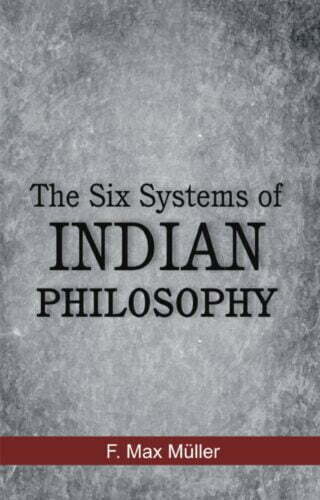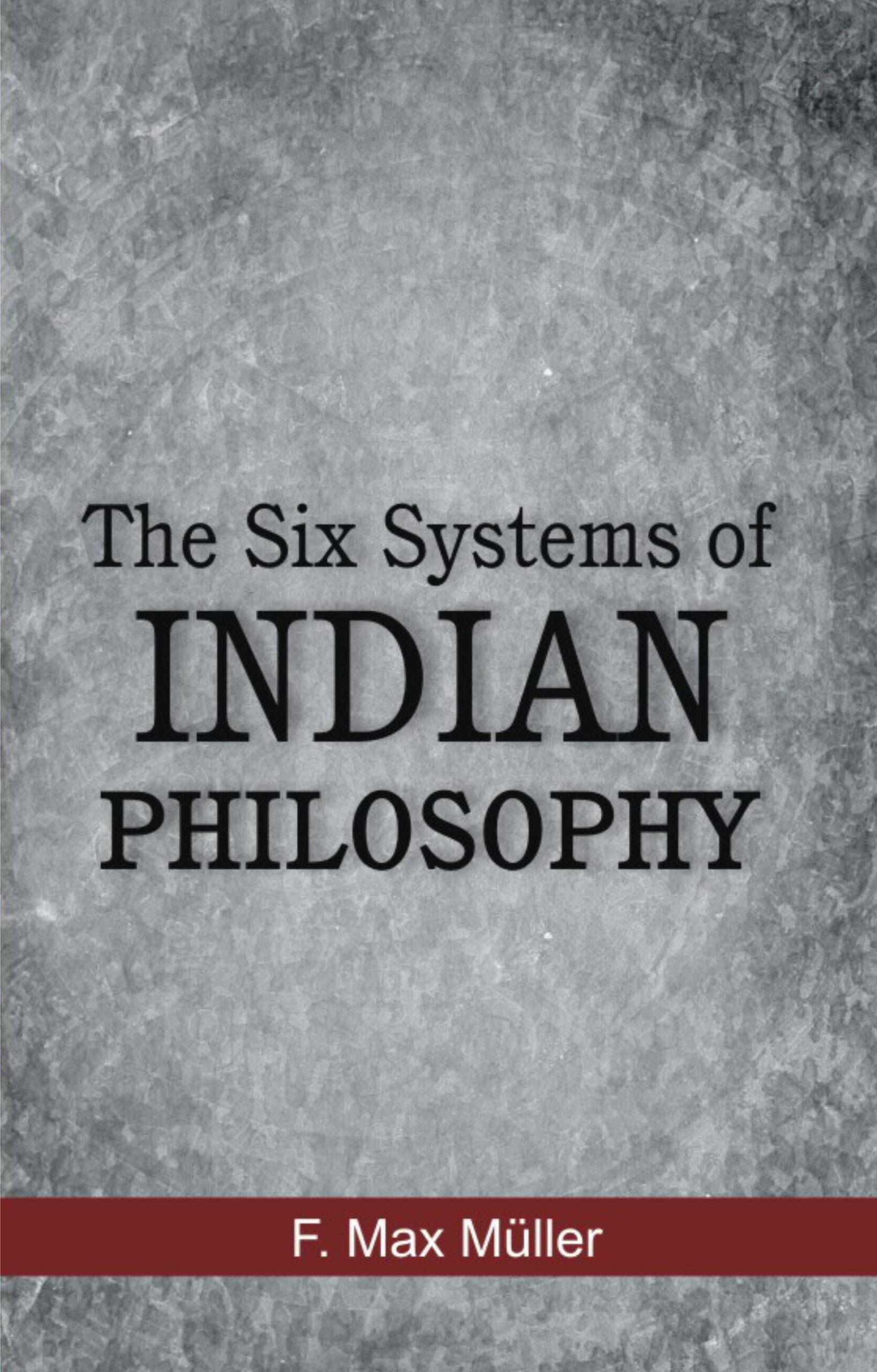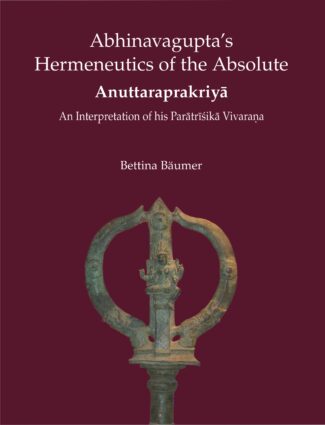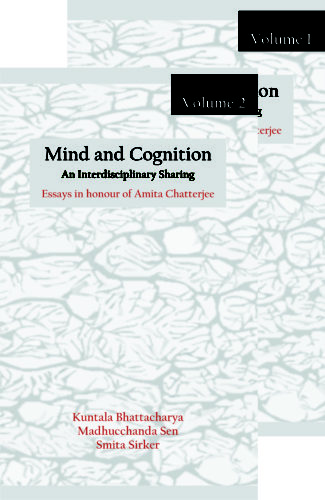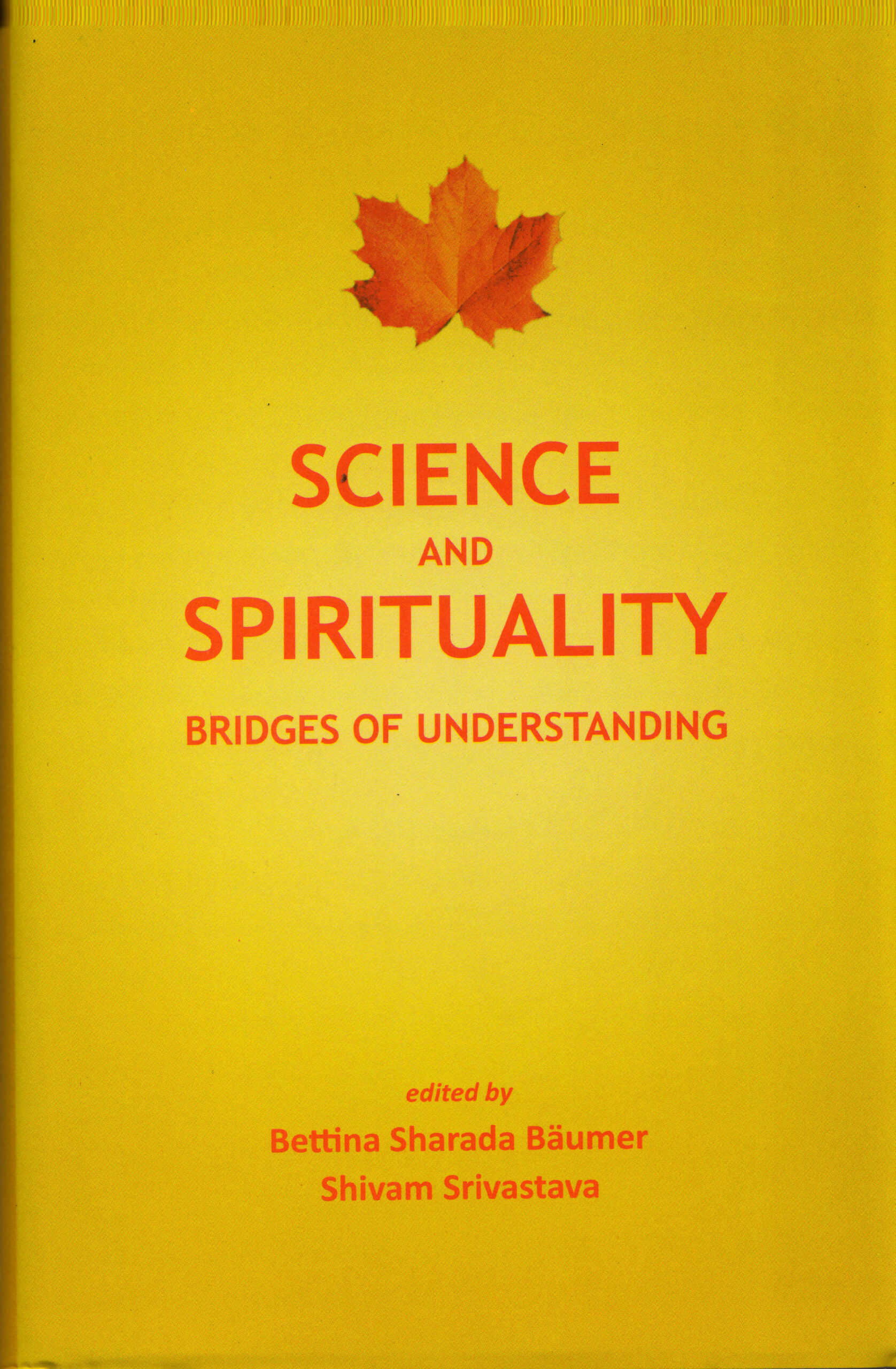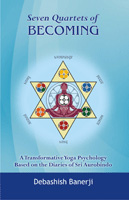

Six Systems of India...
Six Systems of Indian Philosophy
by: F. Max MüllerThis volume addresses descriptively the key thoughts in Vedanta, Uttara-Mimamsa and Purva-Mimamsa, Samkhya, Yoga, Nyaya-Vaisheshika, and Vaisheshika systems. It reveals that Indian religion and the major philosophies of the land are well connected with the character of the inhabitants of India.
Original price was: ₹800.00.₹720.00Current price is: ₹720.00.
ISBN: 9788124608388
Year Of Publication: 2016
Edition: Reprinted
Pages : xxvii, 478
Bibliographic Details : index
Language : English
Binding : Paperback
Publisher: D.K. Printworld Pvt. Ltd.
Size: 23
Weight: 600
The Six Systems of Indian Philosophy by Friedrich Max Müller is a goldmine of comprehensive account of six major systems of Indian philosophical thought. It addresses descriptively the key thoughts in Vedanta, Uttara-Mimamsa and Purva-Mimamsa, Samkhya, Yoga, Nyaya-Vaisheshika, and Vaisheshika systems.
The book seriously focuses on one major finding that Indian religion and the major philosophies of the land are well connected with the character of the inhabitants of India. The originators of these six systems left no uncertainty as to the exact position which each of these philosophers occupied on the great battlefield of thought. Max Müller quite analytically approaches every system with full dedication and brings out the crux of all these thoughts. He revitalizes these systems and presents to the entire world the quintessentials of Indian thoughts.
This volume is also an effort to rejuvenate the lesser-known systems like Purva-Mimamsa, Nyaya, Vaisheshika and Yoga. This comprehensive volume should cater to the needs of all who operate in the domain of Indian philosophy.
INTRODUCTORY CHAPTER
Philosophy and Philosophers
Srutam and Smritam
Upanishad-period, from about 700 bc
Period antecedent to the Upanishads
Intellectual Life in ancient India
Kshatriyas and Brahmans
The Evidence of the Upanishads, Ganaka, Ajatasatru
Ajatasatru
Buddhist Period
Prasenajit and Bimbisara
Brahma-jala-sutta
Mahabharata
Buddha
Greek Accounts
Buddhist Pilgrims, Hiouen-thsang
King Harsha
CHAPTER II
the vedas
The Vedas
The Philosophical Basis of the Vedic Gods
Three Classes of Vedic Gods
Other Classifications of Gods
The Visve or All-gods
Tendencies towards Unity among the Gods
Henotheism
Monotheism and Monism
Prajapati
Visvakarman
Tvashtri
Search for a Supreme Deity
Hymn to the Unknown God
Brahman, Atman, Tad Ekam
Nasadiya Hymn
Brahman, its various Meanings
Brih and Brahman, Word
East and West
Mind and Speech
Atman
Prajapati, Brahman, Atman
CHAPTER III
the systems of philosophy
Growth of Philosophical Ideas
Prasthana Bheda
Literary References in the Upanishads
The Six Systems of Philosophy
Brihaspati-Sutras
Books of Reference
Dates of the Philosophical Sutras
Samkhya-Sutras
Vedanta-Sutras
Mnemonic Literature
The Brihaspati-Philosophy
Common Philosophical Ideas
I. Metempsychosis-Samsara 2. Immortality of the Soul 3. Pessimism 4. Karman 5. Infallibility of the Veda 6. Three Gunas
CHAPTER IV
vedanta or uttara-mimamsa
Vedanta or Uttara-Mimamsa
Badarayana
Fundamental Doctrines of the Vedanta
Translation of the Upanishads
Character of the Upanishads
Vedanta-Sutras
Appeals to the Veda
Pramanas
Pramanas according to the Samkhya
Pratyaksha
Anumana
Shabda
Authority of the Vedas
The Meaning of Veda
Work-part and Knowledge-part of the Veda
Vidya and Avidya
Subject and Object
The Phenomenal Reality of the World
Creation or Causation
Cause and Effect
Dreaming and Waking
The Higher and the Lower Knowledge
Is Virtue Essential to Moksha?
The Two Brahmans
Philosophy and Religion
Karman
Brahman is Everything
The Sthula- and Sukshma-sarira
The Four States
Eschatology
Freedom in this Life
Different Ways of Studying Philosophy
Ramanuja
Metaphors .
CHAPTER V
purva-mimamsa
Purva-Mimamsa
Contents of the Purva-Mimamsa
Pramanas of Gaimini
Sutra-style
Has the Veda a Superhuman Origin?
Supposed Atheism of Purva-Mimamsa
Is the Parva-Mimamsa a system of Philosophy?
CHAPTER VI
SAMKHYA-PHILOSOPHY
Samkhya-Philosophy
Later Vedanta mixed with Samkhya
Relative Age of Philosophies and Sutras
Age of the Kapi1-Sutras
Samkhya-karikas
Date of Gaudapada
Tattva-samasa
Anteriority of Vedanta or Samkhya
Atheism and Orthodoxy
Authority of the Veda
Samkhya hostile to Priesthood
Parallel development of Philosophical Systems
Buddhism subsequent to Upanishads
Lalita-vistara
Asvaghoshas Buddha-charita
Buddhist Suttas
Asvalayanas Grihya-Sutras
Did Buddha borrow from Kapila?
Banas Harshacharita
The Tattva-samasa
List of Twenty-five Tattvas
The Avyakta
Buddhi
Ahamkara
Five Tanmatras
Sixteen Vikaras
Five Buddhindriyas
Five Karmendriyas
Manas
Five Mahabhutas
Purusha
Is Purusha an Agent?
Three Gunas
Is Purusha one or many?
Vedanta Sayings
Early Relation between Vedanta and Samkhya
Traigunya
Sankara and Pratisankara
Adhyatma, Adhibhuta, Adhidaivata
Abhibuddhis (5)
Karmayonis (5)
Vayus (5)
Karmatmans (5)
Avidya, Nescience (5)
Asakti, Weakness (28)
Atushti and Tushti
Asiddhis and Siddhis
Tushtis and Siddhis
Mulikarthas
Shashti-tantra
Anugraha-sarga
Bhuta-sarga
Bandha, Bondage
Dakshina-bondage, Gifts to Priests
Moksha
Pramanas
Duhkha
The True Meaning of the Samkhya
Nature of Pain
Vedanta and Samkhya
Vedanta, Ayidya, and Aviveka
Samkhya, Aviveka
Atman and Purusha
Origin of Avidya
The Shastra
Development of Prakriti, Cosmic
Retrospect
Is Samkhya Idealism?
Purusha and Prakriti
State of Purusha, when Free
Meaning of Pain
Purusha
Prakriti an Automaton?
Prakritis Unselfishness
Gross and Subtle Body
The Atheism of Kapila
Immorality of the Samkhya
Samkhya Parables
CHAPTER VII
YOGA-PHILOSOPHY
Yoga and Samkhya
Meanings of the word Yoga
Yoga, not Union, but Disunion
Yoga as Viveka
Patanjali Vyasa
Second Century B.C.
Chronology of Thought
The Yoga-Philosophy
Misconception of the Objects of Yoga
Devotion to Ishvara, Misconceptions
What is Ishvara?
Kapilas Real Arguments
The Theory of Karman
The Four Books of Yoga-Sutras
True Object of Yoga
Kitta
Functions of the Mind
Exercises
Dispassion, Vairagya
Meditation With or Without an Object
Ishvara once more
Other Means of obtaining Samadhi
Samadhi Apragnata
Kaivalya, Freedom
Yogangas, Helps to Yoga
Vibhutis, Powers
Samyama and Siddhis
Miracles
True Yoga
The Three Gunas
Samskaras and Vasanas
Kaivalya
Is Yoga Nihilism?
CHAPTER VIII
nyaya and vaiseshika
Relation between Nyaya and Vaiseshika
Dignaga
Bibliography
Nyaya-Philosophy
Summum Bonum
Means of Salvation
The Sixteen Topics or Padarthas
Means of Knowledge
Objects of Knowledge
Padartha, Object
Six Padarthas of Vaiseshika
Madhavas Account of Nyaya
I. Pramana
Perception or Pratyaksha
Inference or Anumana
Comparison or Upamana
Word or Shabda
II. Prameya III. Samsaya IV. Prayogana V. Drishtanta VI. Siddhanta VII. The Avayavas, or Members of a Syllogism Indian and Greek Logic VIII. Tarka IX.Nirnaya X-XVI. Vada, Galpa, Vitanda, Hetvabhasa, Gall, Khala, Nigrahasthana
Judgments on Indian Logic
The Later Books of the Nyaya
Pratyaksha, Perception
TimePresent, Past, Future
Upamana, Comparison
Shabda, the Word
The Eight Pramanas
Thoughts on Language
Sphota
Words express the Summum Genus
Words expressive of Genera or Individuals?
All Words mean ro ov
Vedanta on Sphota
Yoga and Samkhya on Sphota
Nyaya on Sphota
Vaiseshika on Sphota
Prameyas, Objects of Knowledge
Indriyas, Senses
Sarira, Body
Manas, Mind
Atman
Memory
Knowledge not Eternal
More Prameyas
Life after Death
Existence of Deity
Cause and Effect
Phala, Rewards
Emancipation
Knowledge of Ideas, not of Things
Syllogism
Pramanas in different Philosophical Schools
Anumana for Others
CHAPTER IX
vaiseshika philosophy
Date of Sutras
Dates from Tibetan Sources
Kanada
Substances
Qualities
Actions
Cause
Qualities Examined
Time
Space
Manas
Anus or Atoms
Samanya
Visesha
Samavaya
Abhava
The Six Systems
INDEX


